
Tiny Thoughts
*
The lazy lose to the average.
The average lose to the focused.
The focused lose to the obsessed.
**
Champions obsess over fundamentals, not awards.
While others chase revenue and fancy titles, outliers focus on what they can control today: reading one more book, making one more phone call, and reviewing that email one final time. They know that excellence comes from perfecting the basics.
Stop worrying about where the arrow lands. Master the art of pulling the bowstring.
***
Frustration is bargaining with reality, hoping it will change.
Yelling at traffic doesn't make it move faster. Rehearsing the same complaints about your spouse doesn't change their behavior. Getting angry at the delayed flight doesn't make it take off sooner.
While you're busy fighting what is, you're blind to what could be.
All the energy you put into arguing with reality comes at the expense of improving your situation. The mountain doesn't care how much you yell at it, but you'll find a path around it if you stop and look.
Insights
*
James Dyson with one of my favorite reminders:
“There is no such thing as Sudden breakthroughs. What truly exists is relentless determination – and ultimately, your sustained effort appears as an overnight success.”
**
Vincent Van Gogh on reality being less scary than our imagination:
“Fishermen know that the sea is dangerous and the storm fearsome, but they have never found these dangers sufficient reason for remaining ashore. They leave such cautious thinking to others who prefer it. When the storm comes—when night falls—what’s worse: the danger or the fear of danger? Give me reality, the danger itself.”*
***
David Ogilvy on the value of admitting your mistakes quickly:
“It is important to admit your mistakes, and to do so before you are charged with them. Many clients are surrounded by buck-passers who make a fine art of blaming the agency for their own failures. I seize the earliest opportunity to take responsibility immediately when issues arise.”
Mental Model
A mental model is a simplified explanation of how something works.
V4 | Economics | Trade-offs
Life is full of trade-offs. Every choice has a cost. When you say yes to one thing, you say no to others. This is how the world works. It’s like gravity. You can’t escape it.
Opportunity cost is what you give up when you make a choice. It’s the thing you can’t have because you picked something else. Say you have a free evening. You can work on your startup or go to a movie. If you work, you miss the fun. If you go to the movie, you miss the chance to make progress. Every choice has an opportunity cost because you implicitly say no to many other things every time you say yes to something. You need to know your opportunity costs. This helps you make good trade-offs.
A trade-off is giving up one thing to get something else. It’s choosing between options. Each has good and bad points. Trade-offs are about priorities. When you make something, you face trade-offs. If you want it fast, you might lose some features. If you want it cheap, you might use lower-quality materials.
In life, we face trade- offs all the time. Do you take the high-paying job with long hours? Or the low-paying one with more free time? Do you spend money now or save for later?
Making good trade-offs is about weighing the opportunity costs and benefits of each option and choosing the one that aligns best with your goals and values. It’s not always easy, but being conscious of the trade-offs you’re making can help you make better decisions.
Wisdom is anticipating the consequences of your choices. In life and business, success is about making good trade-offs. It’s not about having it all. It’s about having what matters most. We all value different things. That’s what makes life rich. Opportunity cost is what you give up when choosing; trade-offs are the balancing acts you perform when deciding between competing options. They’re two sides of the same coin—whenever you make a trade-off, you incur an opportunity cost for the options you didn’t choose. The key in both cases is to be thoughtful and intentional about your choices.

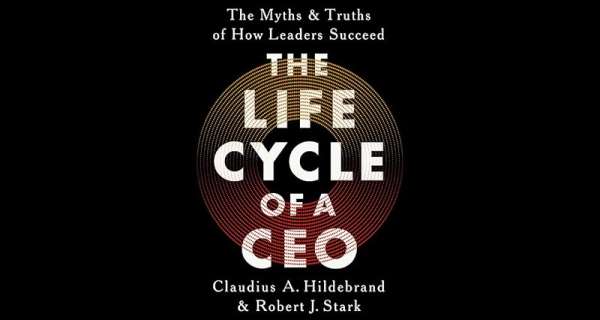

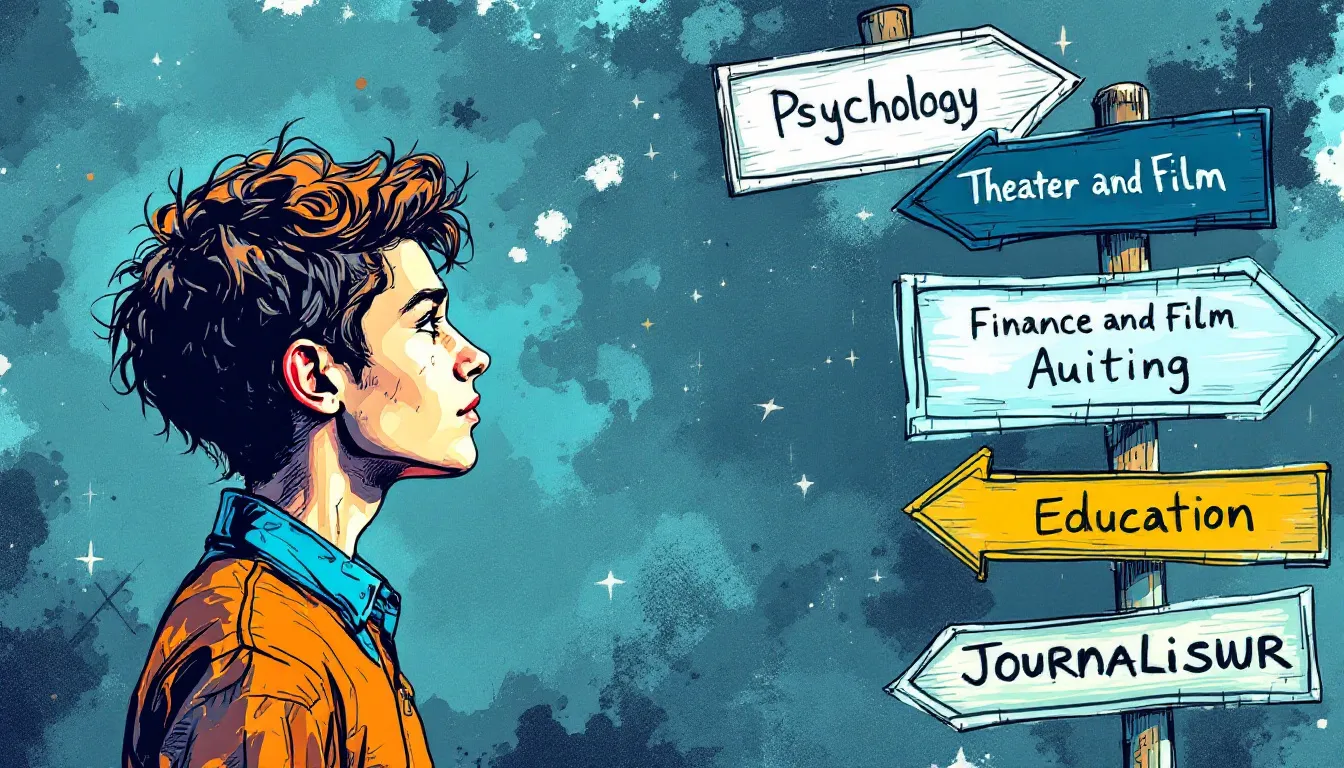


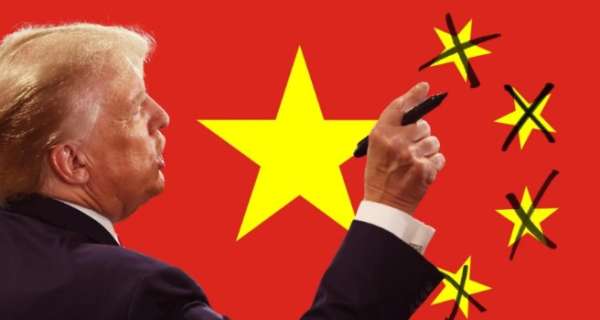


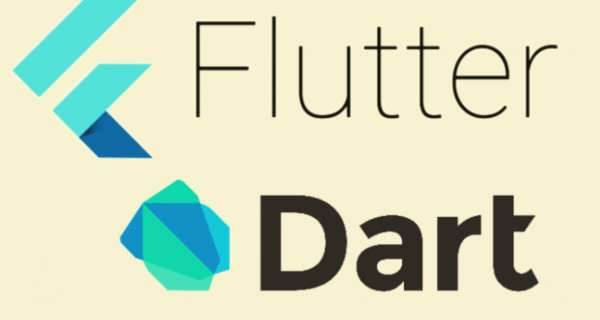

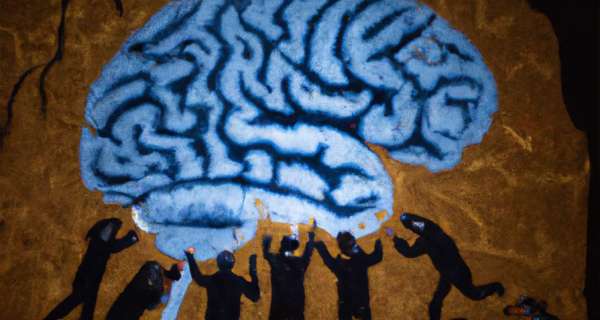




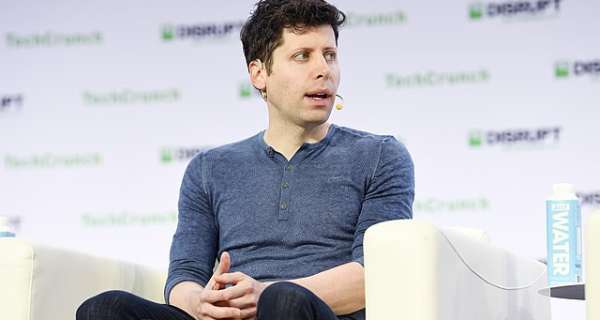

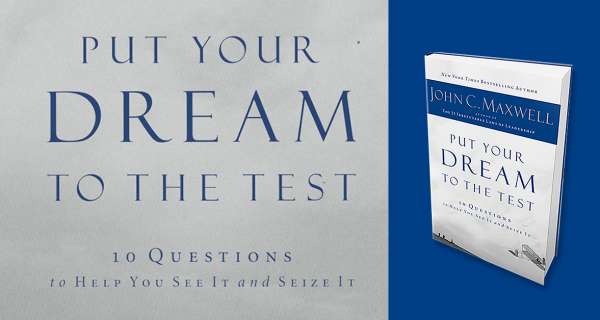
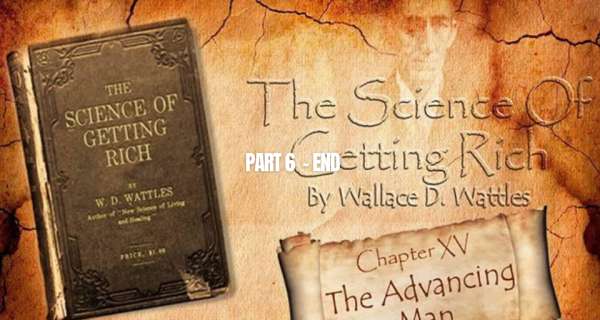
0 Yorumlar